International Literacy Day Lesson Plan
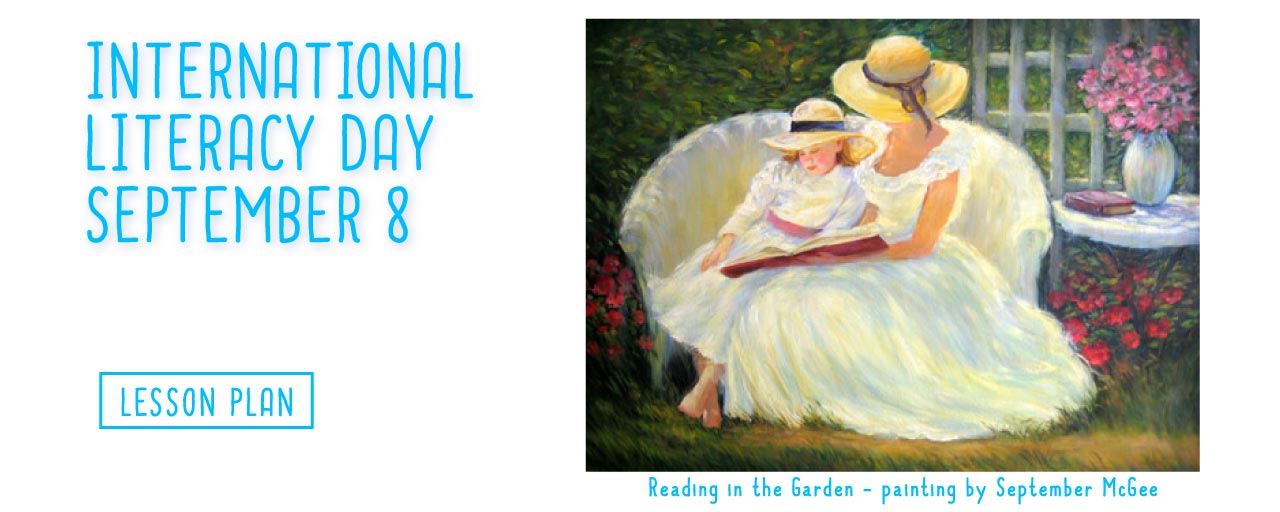
MY HERO recommends reading the following stories about people who are working to spread literacy, and then consider the discussion questions and activities.
Two stories are available in text and audio so students can listen as they read. Great for ESL students.
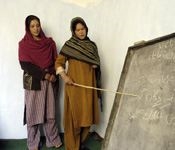
Zainab Rezai leads her community towards progress and has helped more than 200 women become literate.
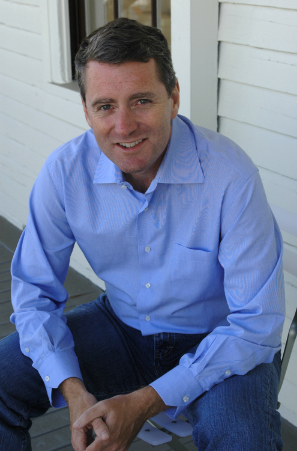
John Wood founded Room to Read, which works to increase literacy and educational gender equality in developing countries.
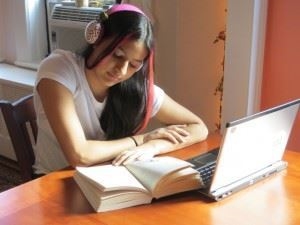
Skye founded the Paco Project to give dyslexic students in NYC access to Learning Ally technology so they can succeed. (Spanish version link at bottom of page.)
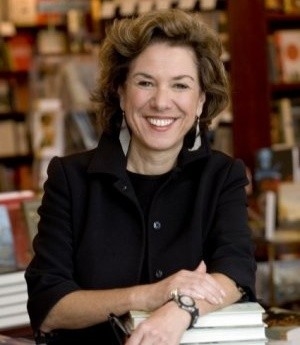
Roxanne J. Coady has a love of books that has enhanced the community and has brought literature into the lives of thousands of families.
The following stories are in text and audio so students are able to listen while they read. Great for ESL students.
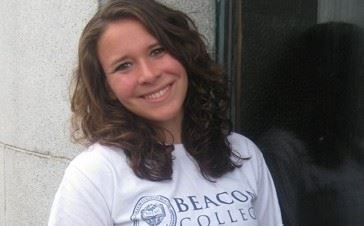
Jennifer Smith is an author, mentor and advocate for understanding those who have dyslexia.
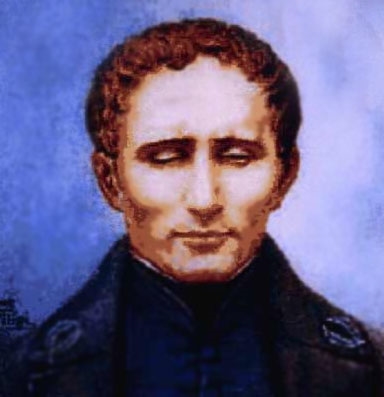
Louis Braille invented a system of writing and reading used by blind people all over the world.
First, students watch the film Biblioburro: the Donkey Library about Luis Soriano Bohorquez, who brings books to children in remote villages in Colombia and teaches the local children to read. Students should then read the story about his efforts and consider the discussion questions and activities.
The story is available in both English and Spanish with audio, so students can read and listen at the same time.
There is also a French text version of the story.
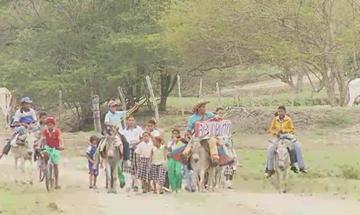
Film: Luis Soriano travels on the back of his donkey, bringing with him books for children of the rural communities in Colombia.
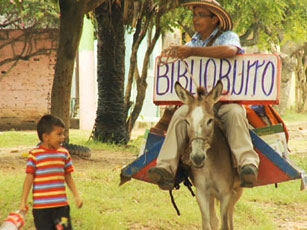
Luis Soriano Bohorquez started the Biblioburro Library in the mountains of Colombia. (STORY HAS TEXT AND AUDIO)
Students watch the following films and consider the discussion questions.
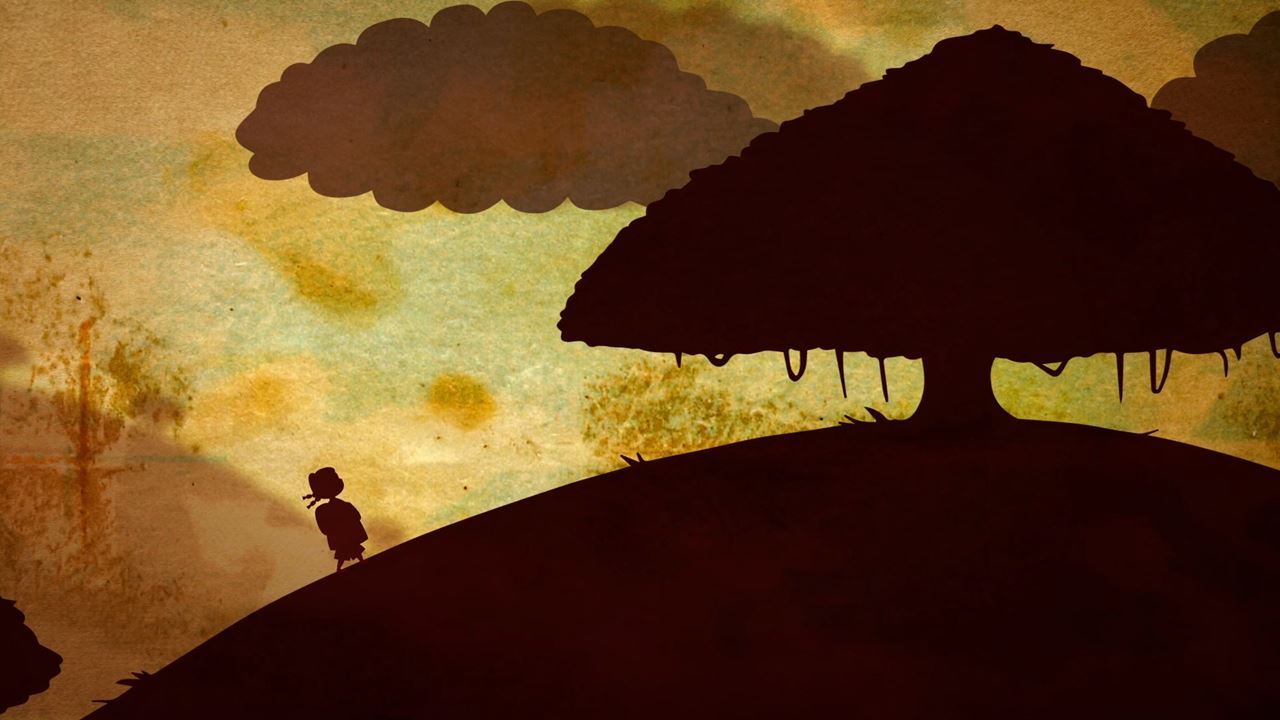
In India, the majority of girls do not complete their primary education. Educate Girls is working to make education more accessible to girls.
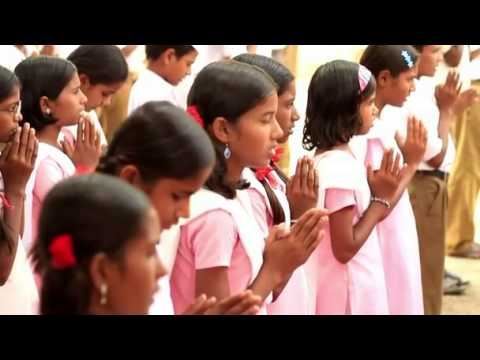
Pedal=Sight tells the story of Bharati, a young woman from just outside of Pune, India, who is now able to go to high school – and dream big – because of the bicycle.
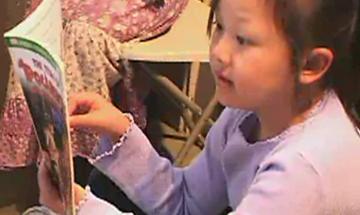
1. How does the ability to read and write change a person's life? Why is it important for people to have access to an education?
2. Alicia Tapia and Luis Soriano Bohorquez created a mobile library to increase access to books. Are there people in your community who do not have access to books? What can you do?
3. There are places around the world where education is not available to all. What are some of the challenges? Who is working towards expanding access to education? Research this issue and share the story of your literacy hero through the MY HERO Create Program.
Sequoyah invented the Cherokee written language, which increased the literacy of the Cherokee people. Research the start of other written languages and the benefits the language brings to that culture.
Learning Outcomes
Students will develop research skills as they identify obstacles to literacy and ways people are working globally to end illiteracy. Students will evaluate the positive changes to society that occur when people are educated.
Outstanding essays submitted to MY HERO will be considered for a certificate/t-shirt prize or be featured on the Story Homepage.
Submit your artwork to be entered in the MY HERO art contest or to be exhibited on our Gallery Homepage.
Students can submit their films for free with a waiver to the MY HERO International Film Festival.
MY HERO Calendar for use in the Classroom
Related Links
Students can share their Hero Essays, Films and Art through our Create Program
Organizer created on 7/30/2019 9:13:04 AM by Laura Nietzer
Last edited 8/11/2025 6:47:44 AM by Abigail Richardson